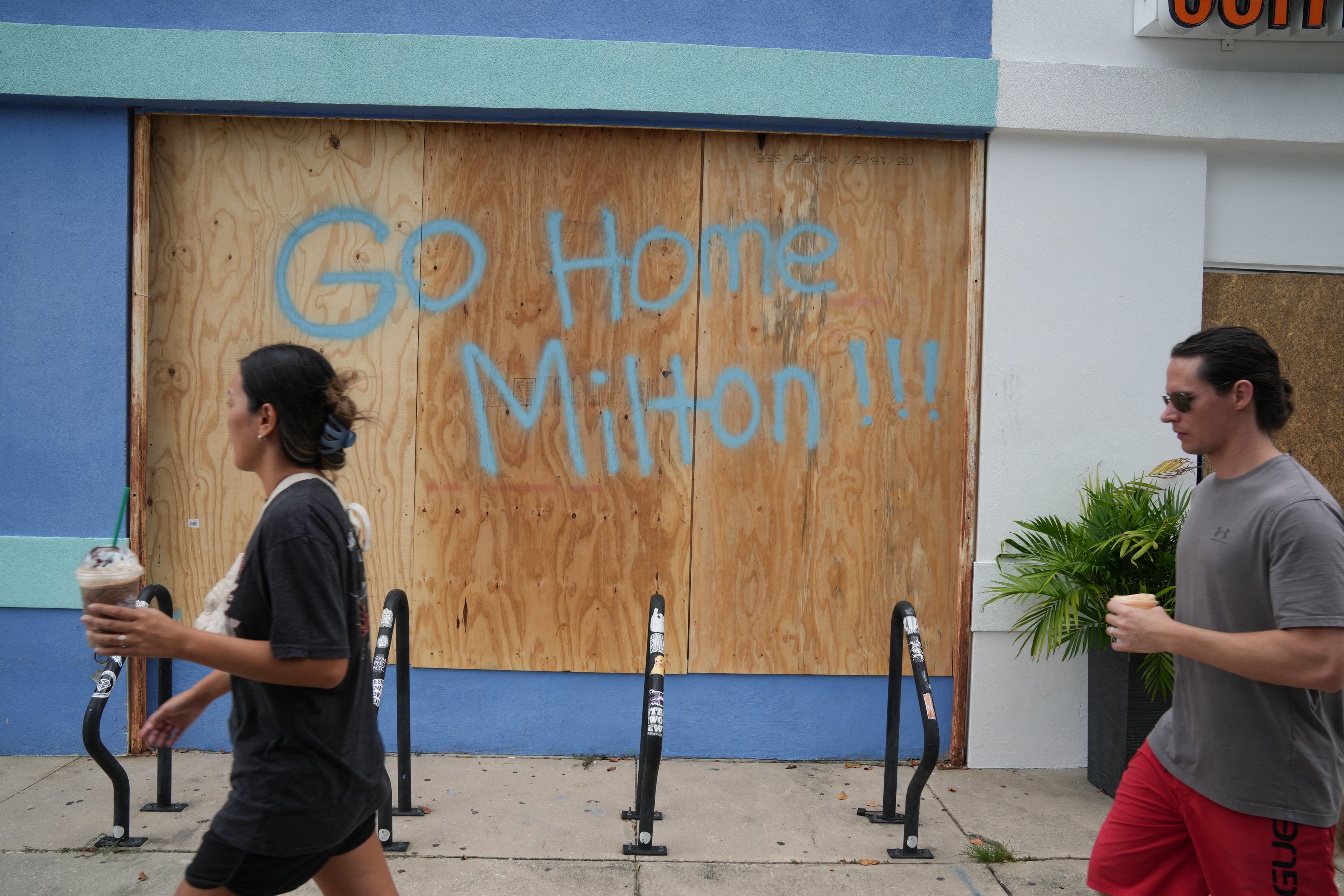In the aftermath of the 9/11 terrorist attacks, Rush University Medical Center in Chicago built a new hospital tower above its existing structure with an eye toward future events that could cause a massive surge in patients.
Nearly two decades later, the coronavirus pandemic has proven its first real test.
The butterfly-shaped bed tower "allows us to cut and expand our capacity as needed to accommodate patients if there is a significant natural disaster, pandemic, or a terrorist act," Tatyana Popkova, chief strategy officer for the health system, told Cheddar.
The hospital has been able to raise its capacity more than 130 percent since the outbreak started, raising bed capacity, intake capabilities, and negative pressure units, which help avoid cross-contamination within the hospital and protect staff.
The way negative pressure units work is that when a door opens into a unit, air from the hall rushes into the room rather from the room out into the hall, creating a vacuum seal on whatever germs might be floating around in the unit.
The Rush Emergency Department has three 20-bed units with separate air systems. Every bed is also divided by walls and a door, rather than a curtain.
The emergency department has also been converted to handle "rapid triage and screening of potential coronavirus patients in ambulance bays," according to the hospital.
Popkova noted that the hospital has been preparing for coronavirus since February, well before much of America understood the extent of the pandemic. As a result, she said it's well stocked with personal protective equipment.
She added that she's cautiously optimistic, based on the current rate of infection, that Rush will be prepared for the influx.
Outside of its layout, the hospital has gotten notice for its innovation in telehealth.
"We've been one of the earliest hospital systems in Chicago to launch a telemedicine on-demand platform, and the COVID-19 pandemic put it to the test," Popkova said. "We're happy to report that we have converted about 70 percent of all of our traditional patients into telehealth visits."
Keeping regular patients at home has helped the hospital open up more room for coronavirus patients, she said.












